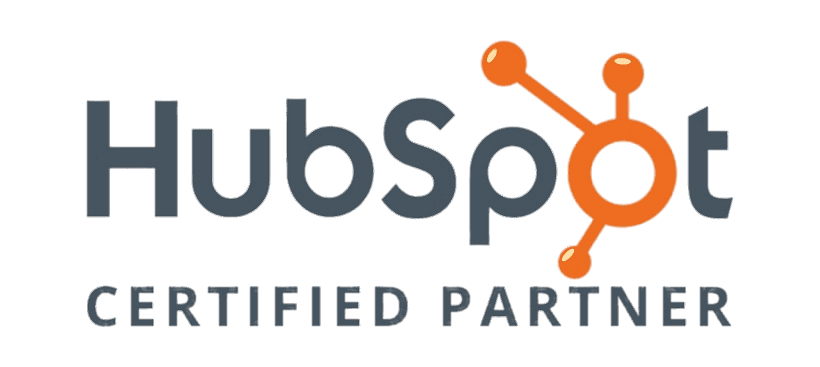How to Effectively Use AI
Technological advancements are reshaping the workplace, with organizations turning to digital solutions for tasks ranging from software testing to content creation. However, recent incidents have highlighted the potential risks that stem from careless or excessive reliance on technology. It is crucial for individuals and companies alike to understand how to use artificial intelligence (AI) responsibly.
Identify the specific task
To use AI effectively for your business, you must first identify the issue you are trying to resolve. For instance, you could wish to employ AI to automate monotonous activities or enhance customer support.
Specifying these problems can help your company understand how to use AI more efficiently and effectively. One advantage of this is that it lowers the risk of wasting resources. AI projects require substantial resources, data, computing power, time and money. Precisely defining the task allows these resources to go to use in an effective way that contributes to your goal.
Another reason specifying the task is important is that the focused objective lets the team improve the next solution more easily. With a vague task, it's hard to determine what to change in the next version. Targeted and specific tasks shorten the process and make your company more efficient in its AI usage.
Utilize it to make outlines
Using AI to create articles or blog posts is problematic. Instead of relying solely on AI-generated content, use AI as a starting point for your research and writing. Request it to produce an outline and from that outline conduct your own research to make a compelling written piece. This assures truthfulness and originality, preventing the possibility of plagiarism or false information.
You always want to check AI's response for accuracy. A story must have its accuracy verified regardless of whether it came from a reporter or technology. A big mistake companies and individuals make is taking AI’s word as fact when it is not always accurate. Before using the data in any publishing or decision-making process, confirm and validate it.
Conclusion
AI technologies offer immense potential to enhance efficiency and productivity when utilized thoughtfully and strategically. However, reckless implementation without a clear purpose can waste resources and introduce new risks. To leverage AI responsibly, organizations should start by identifying specific problems that AI can help solve, rather than seeking a general AI solution. Technology should be used to augment human capabilities, not replace them entirely. For instance, AI can generate content outlines to assist writers, but should not be relied upon as the sole author. Above all, AI outputs must be validated for accuracy rather than assumed correct. With a targeted, thoughtful approach and appropriate human oversight, companies can harness the power of AI to streamline operations in a safe and effective manner.



